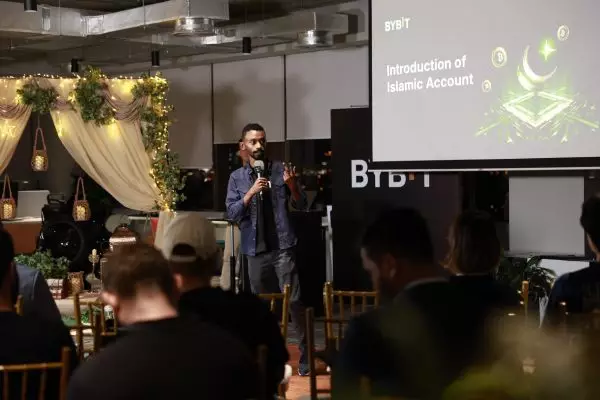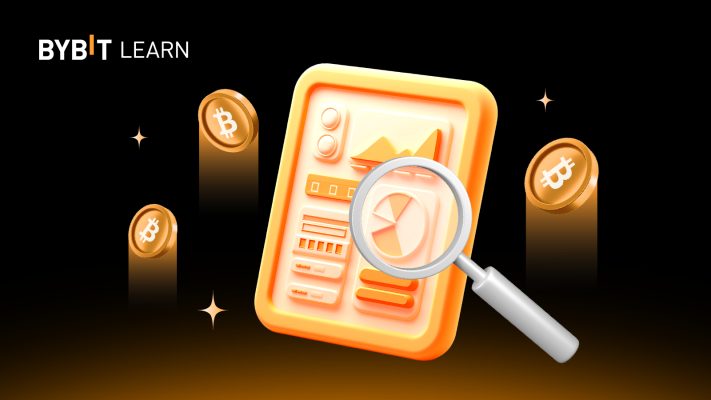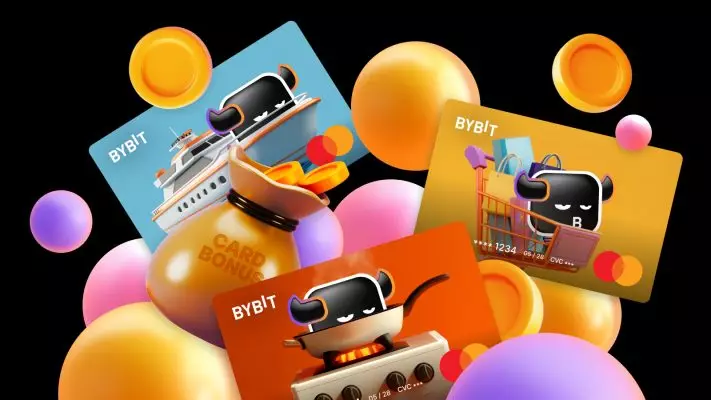The world of gaming has always been at the forefront of innovation, constantly pushing the boundaries of what’s possible. In recent years, one of the most intriguing developments in the gaming industry has been the integration of cryptocurrencies and blockchain technology into virtual worlds. This convergence has given rise to a new phenomenon: crypto tokens in gaming. These digital assets are changing the way we perceive in-game items and the virtual economies that surround them.
The Rise of Crypto Tokens
Before delving into the impact of crypto tokens in gaming, let’s first understand what they are. Crypto tokens, constructed upon blockchain technology’s decentralized and transparent ledger system, stand as unique digital assets. Their ownership is securely recorded on the blockchain. While blockchain technology is most renowned for Bitcoin, crypto tokens in the gaming realm serve a distinct purpose.
Within gaming, crypto tokens serve as representations of in-game assets, spanning items like weapons, skins, and even entire virtual properties. Unlike traditional in-game items, these tokens exist on the blockchain, making them truly scarce and transferable.
Ownership and Value
One of the most significant advantages of crypto tokens in gaming is true ownership. In the past, when you purchased an in-game item, your ownership was subject to the terms and conditions established by the game developer. They can revoke your access to the item or shut down the game entirely, rendering your investment worthless. With crypto tokens, the power shifts to the players. Since these tokens are recorded on a blockchain, ownership is immutable and independent of the game developer. As their structure is quite complex, it is better to use some information like a guide to launching your own token on bsc, from educational platforms such as investfox and then try to merge your gaming experience with cryptos.
This shift in ownership has created a secondary market for virtual items. Today, players have the liberty to purchase, sell, and exchange their in-game assets with the same freedom as tangible possessions. This has led to the emergence of dedicated marketplaces and platforms where gamers can conduct transactions with real-world value. Some players have even turned gaming into a lucrative profession by trading these virtual assets.
Interoperability and Cross-Platform Play
Crypto tokens also bring the promise of interoperability and cross-platform play. In traditional gaming, if you have a weapon skin or character skin in one game, it’s often confined to that specific title. However, with crypto tokens, the potential for interoperability across multiple games becomes a reality.
Imagine having a unique sword token that you’ve acquired in one game. This token could potentially be used in other games that support the same blockchain standard, providing a seamless experience across different virtual worlds. This not only enhances the value of the token but also fosters collaboration among game developers to create interconnected ecosystems.
Innovative Funding Models
Blockchain technology has also introduced innovative funding models for game development. Traditional game development is often funded through publishers or crowdfunding platforms. However, games based on blockchain technology can employ methods such as Initial Coin Offerings (ICOs) or Security Token Offerings (STOs) to secure funding directly from the gaming community.
Using these crowdfunding mechanisms, players and investors have the opportunity to acquire tokens symbolizing a share in the game’s advancement. This aligns the interests of the developers with the players and ensures a more direct relationship between the creators and the community.
Challenges and Concerns
The unregulated nature of blockchain can attract bad actors who aim to deceive players with counterfeit tokens or fraudulent projects. To address this concern, it is essential for players to exercise prudence and undertake comprehensive research before engaging in any activities related to tokens.
Additionally, the volatile nature of cryptocurrencies can impact the value of in-game assets. Gamers who invest in these assets may experience significant fluctuations in their holdings, which can be a double-edged sword. While it provides opportunities for profit, it also introduces risk and uncertainty into the virtual economy.
The Future of Gaming
As crypto tokens continue to gain prominence in the gaming industry, the future of gaming looks increasingly decentralized and player-centric. Gamers will have greater control over their in-game assets, and virtual economies will become more vibrant and interconnected. The convergence of blockchain technology and gaming is not only revolutionizing the way we play but also how we perceive and value virtual items.
Imagine a future where your favorite in-game items are not confined to a single game but can be used across various titles seamlessly. Picture a gaming world where you truly own your virtual possessions and can trade them with players worldwide. This future is becoming a reality, thanks to the innovative potential of crypto tokens in gaming.
Conclusion
Crypto tokens in gaming represent a paradigm shift in the way we interact with virtual worlds. They offer true ownership, value, and interoperability for in-game assets, creating a more player-centric gaming experience.
Despite the presence of challenges and concerns, the allure of a decentralized and interconnected gaming ecosystem is too significant to overlook. As blockchain technology continues to evolve, so too will the possibilities for crypto tokens in gaming, shaping the future of this dynamic industry.


